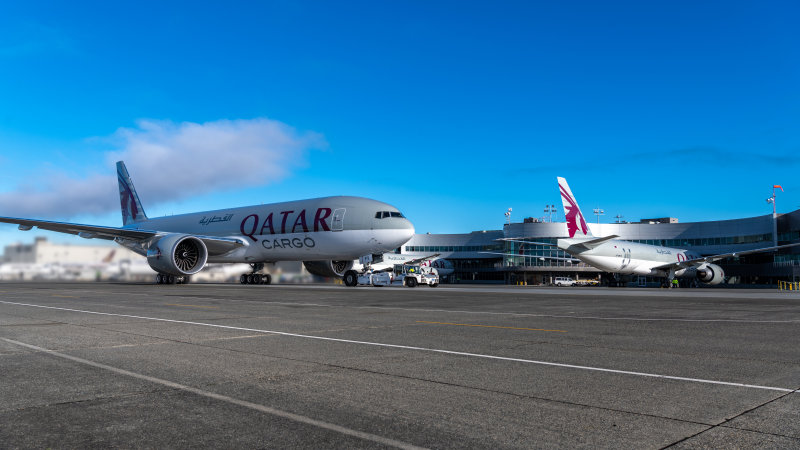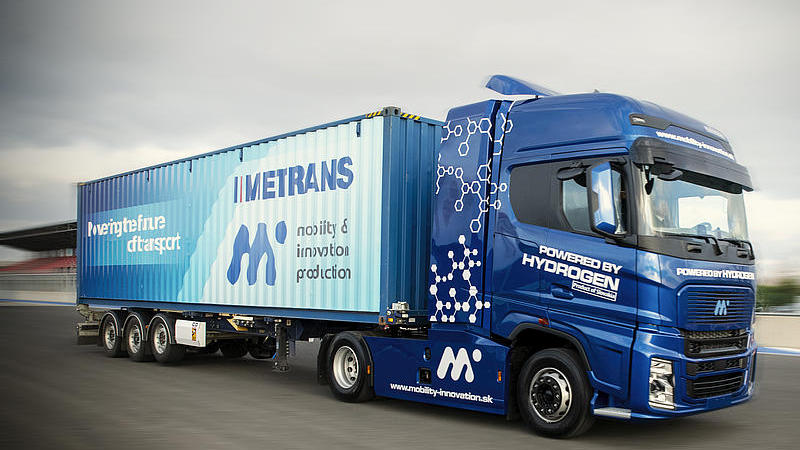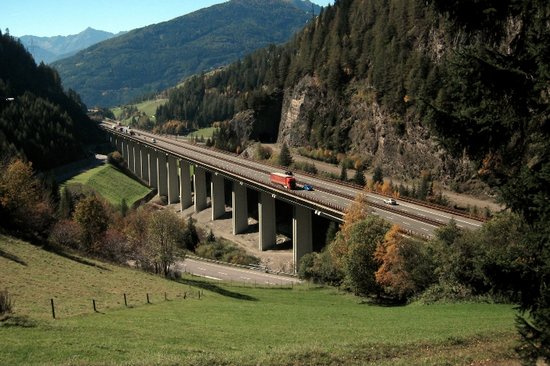The European Commission has taken an active role in the lawsuit initiated by Italy on July 30, 2024, at the European Court of Justice against Austria's restrictions on transit along the Brenner corridor. Specifically, the Commission has become a co-complainant, thereby being able to present its perspective on the matter. Brussels had already expressed support for Italy in May 2024 with a reasoned opinion that recognized Italy's stance on the violation of Article 259 of the Treaty on the Functioning of the European Union (TFEU) concerning four types of bans in the Tyrol region. These restrictions include a night-time driving ban, a sectoral traffic ban for certain goods, a winter driving ban on Saturdays, and a system limiting the movement of industrial vehicles and freight traffic at Kufstein towards Italy on specific days of the year.
The European Commission's reasoned opinion is a necessary step that allows a member state to bring a case before the European Court of Justice against another EU state. According to Brussels, the four Austrian restrictions are neither justified nor consistent with the stated objectives of environmental protection, road safety, traffic fluidity, and supply security. Furthermore, the Commission believes that some measures disproportionately impact foreign companies compared to Austrian ones.
“The European Commission's intervention alongside the Italian government in the Court of Justice represents a significant acknowledgment of the claims upheld by the national freight transport sector, which has been fighting for years to affirm fundamental rights of free movement and competition within the Union, in light of Austria's repeated violations along the Brenner route,” wrote the Italian association Anita in a statement on November 19. The association added that “although encouraging, this decision does not alleviate the difficulties faced by Italian companies in crossing other Alpine passes. We therefore hope that justice will prevail and that, at the same time, attention will be directed towards freight mobility across the entire Alpine arc.”
In Germany, the Commission's decision was also met with satisfaction. On November 18, Dirk Engelhardt, spokesperson for the German transport and logistics association BGL, stated that the organization “expressly welcomes the intervention of the European Commission. It is a long-awaited signal that strengthening the internal market will play an increasingly important role in the new Commission. The European Commission is finally assuming its responsibility as the guardian of the treaties and the defender of fundamental EU freedoms. Unfortunately, Germany has so far failed to join Italy's complaint and take a clear position on this important issue.”






























































